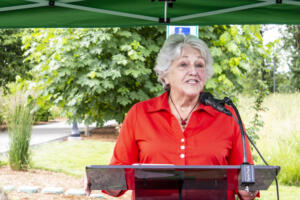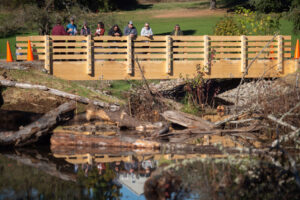The city of Washougal’s proposed 2023 budget maintains all existing service levels and provides for modest enhancements to services in response to community and city council priorities, according to Washougal City Manager David Scott.
The budget projects $47,383,283 in revenues and $49,332,428 in expenditures.
“I am pleased to propose a balanced, baseline operating budget (that will allow us to) continue advancing our capital facilities efforts, planning and delivering key projects,” Scott stated in the proposed budget’s note to the community.
The Council will deliberate on the proposed budget during its next meeting on Monday, Nov. 7.
“In 2022, we began to emerge from the implications of the COVID-19 pandemic,” Scott stated. “As we look to 2023, we continue our conservative budgeting approach. Consistent with the broader national and regional economic trends, we are experiencing cost pressures in staffing and escalating costs in delivering capital projects. The 2023 budget maintains our conservative management of ongoing expenses while adapting to the realities of these cost pressures. We are cautiously optimistic that economic conditions will continue to improve as we anticipate economic growth in our community over the next several years.”
The Council identified several areas, including community engagement, public safety, transportation, public infrastructure, parks and open spaces, community livability and economic development, as budget priorities, according to Scott.



